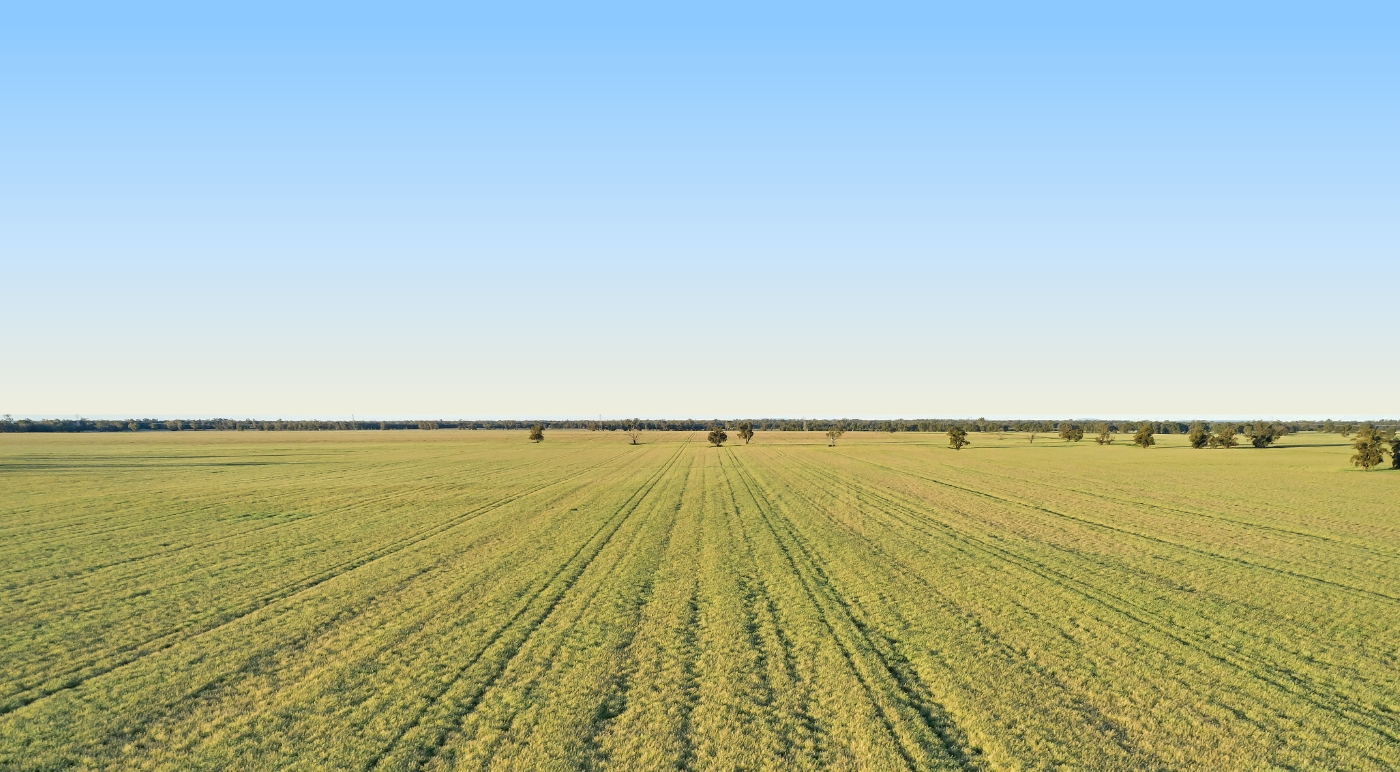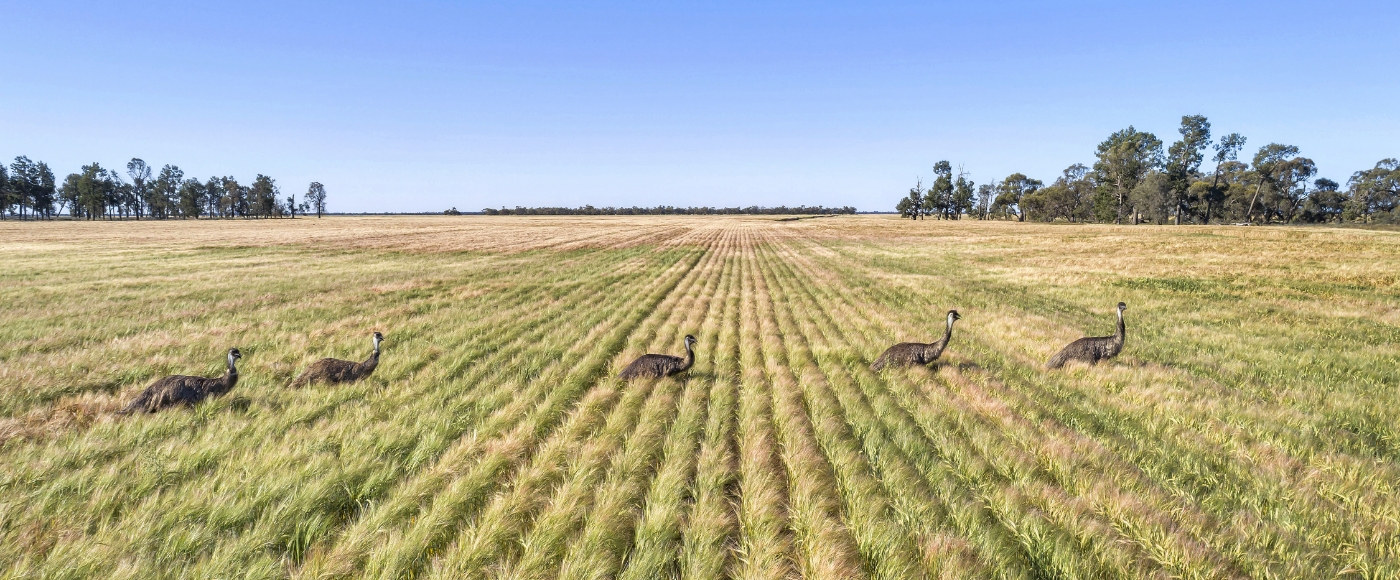
Close
Delivering positive economic, social and environmental impacts is central to GO.FARM’s purpose to transform Australian agriculture and is a driver of investment returns. Acting responsibly is not just the right thing to do, it is the smart thing to do as it results in better outcomes for all stakeholders.

Preserve and enhance the productive capacity of the land through world-class land and water management.
Have a positive and meaningful impact on communities where we live and work.
Inspire and develop a team of high-performing, happy and healthy people to be at their best.
Champion safe working environments, which prioritise the physical and mental wellbeing of the team.


GO.FARM is proudly certified by Leading Harvest, a global leader in agricultural sustainability assurance.
Through their Australian Farmland Management Standard, GO.FARM has successfully achieved certification by demonstrating a high level of conformance to the 13 Principles of Farmland Sustainability.
Assure in adapting to the Australian agi tural andso pre and holst 1, dustry approad the program due to
This independent certification allows GO.FARM to demonstrate to all stakeholders that it’s operating responsibly, committed to driving positive change and fulfilling its purpose of transforming Australian agriculture.
The GRAF assets will be managed in line with the Leading Harvest 13 Principles of Farmland Sustainability, for which certification will be sought.
2022
Australian pilot program participant
7
GO.FARM’s 7 entities enrolled across NSW, VIC and TAS
13
core principles across environment, social and governance
2024
certified member

Managing Director at GO.FARM Australia
Our Commitment to Farmland Stewardship
GO.FARM Australia is committed to the sustainable agricultural stewardship of Australian agriculture. We recognise the importance of responsible land management in preserving our natural resources and ensuring the long-term health and productivity of the land on which we operate. We are delivering positive outcomes for soil health and fertility, water resource conservation, crop health protection, energy consumption, waste management and biodiversity.